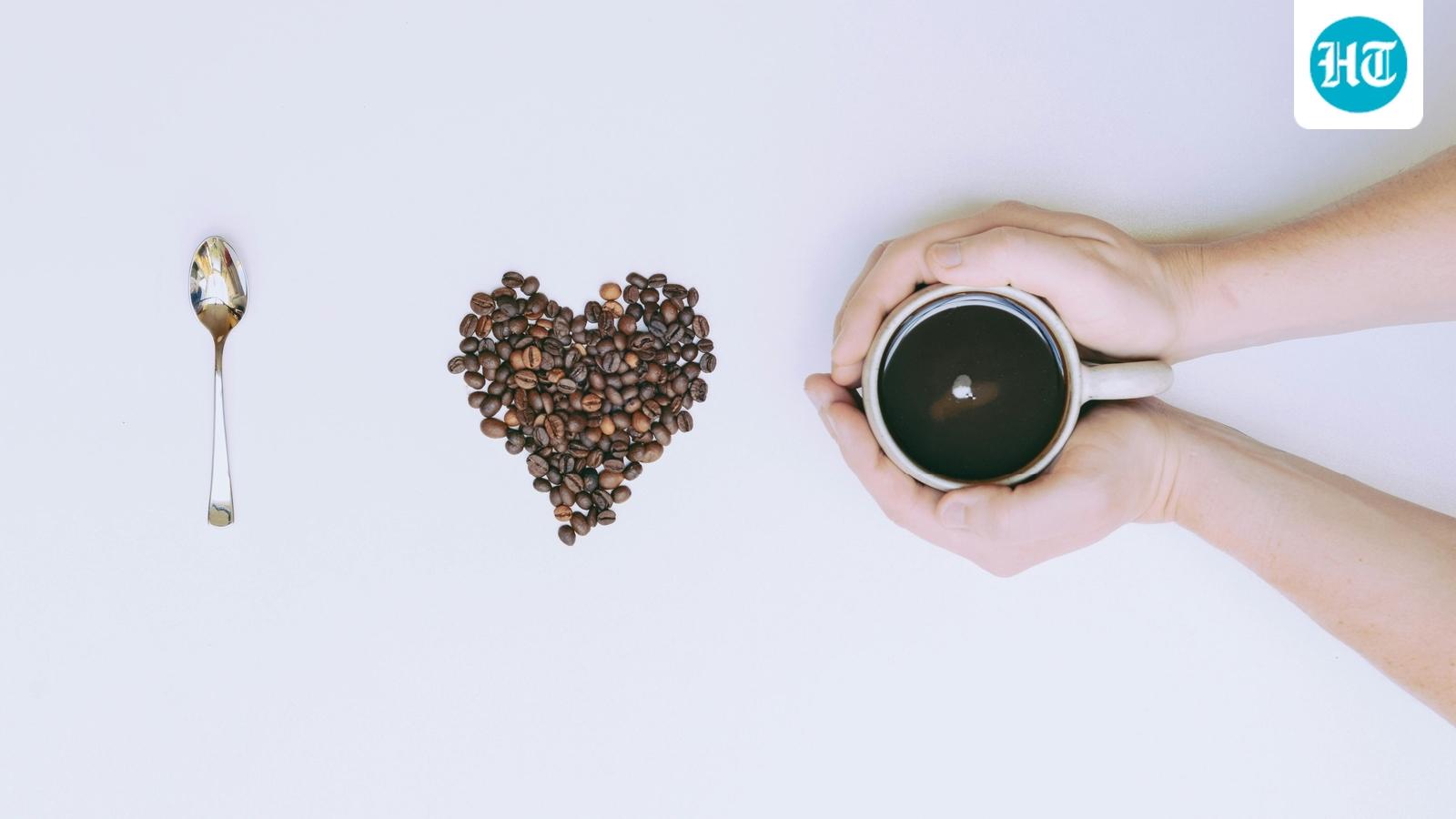As the clocks turn back and darken before many of us leave work, winter rhythms can feel heavy - shorter days, darker nights and, often, later dinners.
Once the clocks go back and night falls before many of us even get off work, the rhythms of winter become even more hectic—the days are shorter, the nights are darker, and dinner is often later.But changing the way we eat during the winter may make these months easier on our bodies and minds.
Our bodies operate on circadian rhythms – internal 24-hour clocks that regulate sleep, metabolism, digestion and hormone cycles.These rhythms are naturally synchronized with light and dark, so when daylight fades earlier, metabolism also begins to slow.
A body of research that dissects these links suggests that the integration body and sun exposure may be just as important as what we eat.Chrenontition's data shows how timing and timing of meals can affect metabolism and health.
Related: Eating late may change the way you burn calories and store fat.which is a dismal study result
For example, one study found that healthy adults who ate dinner at 10 a.m.20% of the highest levels of calcium were 20% higher and burned 10% less fat than those who ate lunch. This is despite the fact that both groups ate the same food and had similar sleep.
broader
Another research study Template - Specifically references in sleep to health consequences and risk of metabolic disorders and metabolic problems such as type 2 diabetes.
Earlier dinners may better match the body's natural metabolic rhythms, especially since the last meal occurs well before the body enters a "resting phase."This may explain why eating early has health benefits.
Countless people decide to include Cirfiacian food to improve the results of their treatment - especially when combined with a healthy and wholesome diet.
Eating with Intention
In winter, especially in northern latitudes, shorter days and longer nights disrupt circadian rhythms.
Reducing exposure to sunlight can lower serotonin levels, helping to reduce mood or mood disorders (sadness).When it's early in the morning at home, it's common for people to do a lot of laundry late into the night.
But collecting, the prize of hormones (with the victim's sleep and a lot of cars during all day. The taste is too close to sleeping. It is too close to sleeping. The victim is almost asleep
Although light and darkness have the greatest influence on circadian rhythms, diet, stress, physical activity, and temperature also play a role.
So, should you eat dinner earlier in the winter?
For some people yes, at least a little earlier.There are three main reasons why.
The first is metabolic targeting.Eating while your metabolism is still active supports better blood sugar control, energy utilization and fat burning.
The second is related to digestion.Leaving a few hours between dinner and bedtime allows digestion to finish before bed, which can improve sleep quality and recovery.
The third reason is related to maintenance of mood and circadian rhythms.A consistent eating window and an early dinner can help establish a routine—especially helpful when other time cues (such as daylight) are weaker.
But here's a caveat: This is not a one-size-fits-all solution.File Different factors - such as the way you are active, if you have any chronic conditions and your design - need to be taken into account.
An elite athlete who trains in the evening may need a later meal to support performance and recovery.But someone less active may benefit more from an earlier, lighter dinner.
So instead of rigid rules, think of meal timing as a flexible tool in your nutrition toolbox.The real focus should be on intentional eating.
Related: The time of day you eat later in life may prevent premature death
This means taking into account your goals (for example, whether you want to lose weight or increase athletic performance), how often you exercise, how close to bedtime you usually eat, how you feel, what day you eat meals, and what's realistic for your schedule.
If you eat after 9pm most nights and wake up, haven't slept well, try and eat before.But if you train at the end or eat while socializing, it's very good. Focus on the quality of the time, select lighter, healthier food, and eat more than two to three hours before bed.
Here are some additional food tips to try during the darker months:
- Finish dinner faster.This should be between 5:30 and 7:00 p.m., or at least two to three hours before bed.
- Load up on calories by making your breakfast and lunch more hearty while there's more sunlight and your metabolism is more active.
- Activity planning, so if you exercise late, have a small disappearing snack before and after your main meal.
- Having a window that doesn't change, and finishing your meal late at night around 8pm helps unify the circle.
- Reflect and adjust for a week or two to see how meal times affect energy, sleep quality, and mood, and then change as needed.
- There is no need to remain flexible, remembering perfection - the main thing is to have a regular schedule and know what you need.
As winter approaches, how you feel when you eat can be just as important as how you eat.Aligning your sleep time with your body's natural rhythms can help with energy balance, depression and long-term sleep.
But what really matters is intentionality: making decisions that benefit your health, not strict rules that cause stress.The healthiest rhythm is one that is in harmony with your biology and lifestyle.
Catherine Norton, Associate Professor of Sport and Physical Nutrition, University of Limerick
This article is written under license from the Creative Commission.Read the original article.







